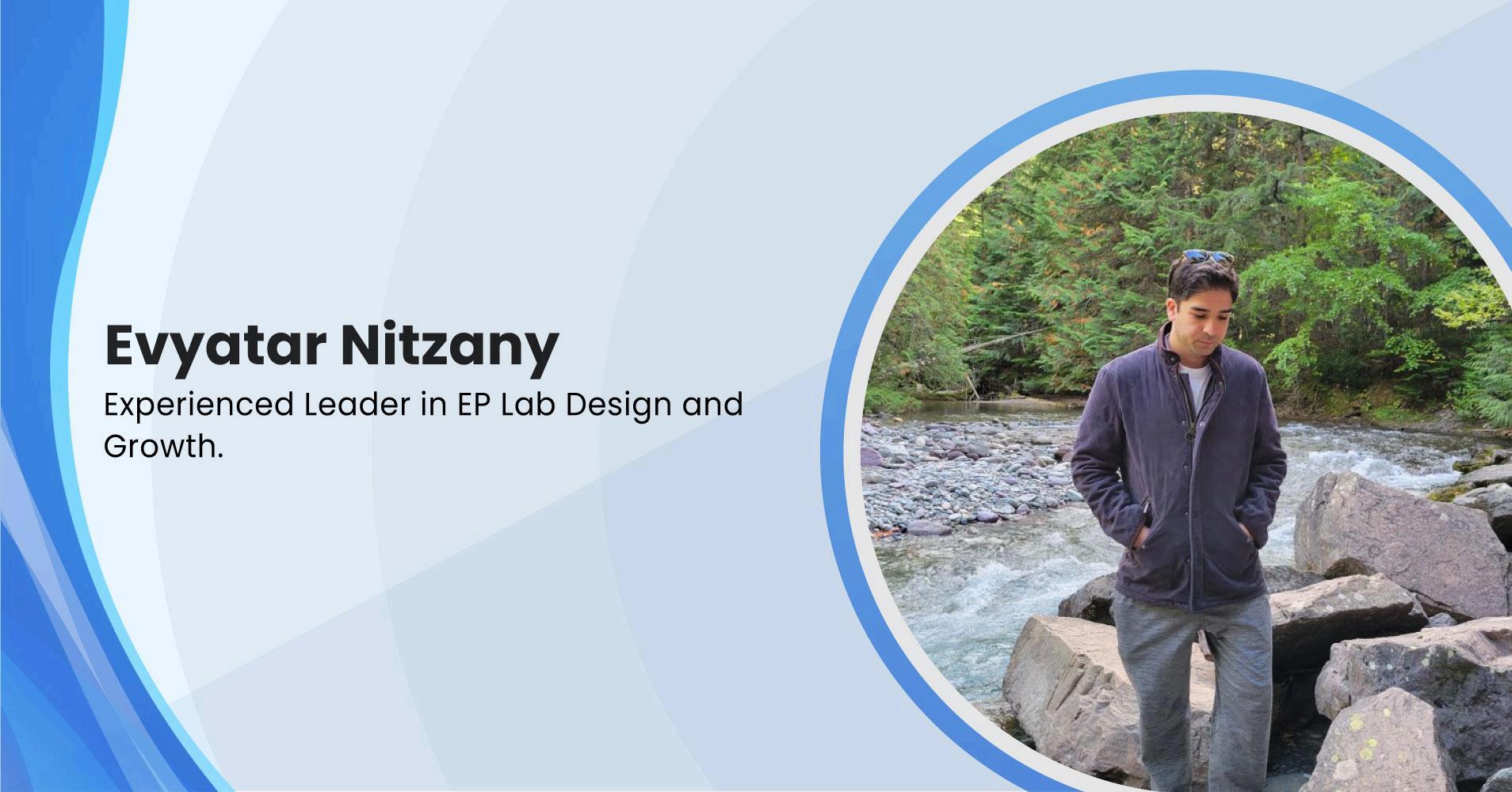Evyatar Nitzany: Why Healthcare Programs Struggle to Gain Traction in Year One

Healthcare programs are designed to enhance patient care, improve operational efficiency, and foster better outcomes, but they often face significant hurdles during their first year These early struggles can jeopardize the program's success and may lead to failure if not addressed promptly As Evyatar Nitzany emphasizes, understanding the reasons behind these challenges can help organizations better prepare and create a stronger foundation for long-term success.
A significant factor contributing to the difficulties in the first year is the lack of proper alignment between the program’s goals and the broader organizational strategy. When a healthcare program is introduced without a clear connection to the organization's mission or long-term vision, it becomes harder to gain support and momentum Without this alignment, team members may not see the value in the program, resulting in disinterest or low engagement. This misalignment can lead to inefficiencies, wasted resources, and a lack of direction
Another common pitfall is failing to engage the right people from the start. Healthcare programs require collaboration from various stakeholders, including clinicians, administrators, and patients. However, some programs begin without securing the buy-in of key stakeholders or fail to establish clear communication channels This lack of involvement can create resistance and
slow the implementation process, as stakeholders may feel excluded or unsure about the program’s benefits.
Additionally, the rapid pace at which healthcare programs are often launched can result in incomplete or inadequate preparation. There’s a tendency to rush the planning phase to meet deadlines or capitalize on trends, but this leads to overlooked details such as insufficient resource allocation, lack of adequate staff training, or gaps in technology infrastructure. When these crucial elements are not in place, the program can quickly fall short of its goals
The complexity of managing change within healthcare settings also poses a challenge. Healthcare environments are inherently busy, and introducing new programs can disrupt daily operations Staff members' resistance to change and the challenge of integrating new processes into established routines can lead to delays, mistakes, and a general lack of enthusiasm
Ultimately, while healthcare programs are essential for improving patient outcomes and organizational performance, the first year is often marked by avoidable struggles By ensuring precise alignment, engaging stakeholders, investing in proper planning, and managing change effectively, healthcare programs can overcome these early hurdles and set themselves up for future success
